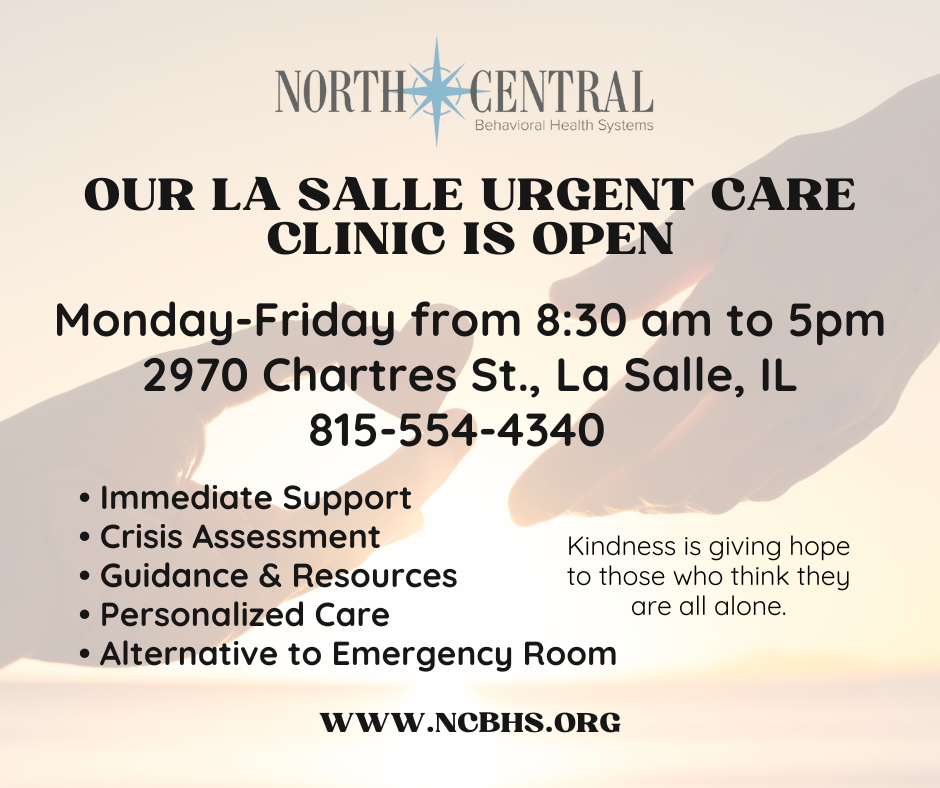
Recovery is a demanding journey, but the detoxification process showcases the human body and mind's exceptional ability to heal, adapt, and recover from the harmful effects of substance abuse. Detox, the process of allowing your body to rid itself of harmful substances, is a crucial step towards recovery from drug or alcohol addiction. While it can be a daunting and challenging experience, both physically and emotionally, supporting yourself through detox is essential to ensure a safe, successful, and sustainable recovery.
Preparing for Detox
After acknowledging you have a problem and accepting the need for help, detox is the next step of your recovery journey. Before starting your detox, you will need to prepare yourself physically, emotionally, and mentally. This preparation phase can set you up for success and ensure a smooth transition into the recovery process. Many people have walked in your shoes, and it is okay to reach out for help.
Take time to reflect on your addiction and why you want to quit. Understanding the root causes of your addiction and your motivations for seeking help will help you stay committed to your goals. Ask yourself:
-
What triggers my desire to use?
-
How has my addiction affected my relationships and daily life?
-
What are my reasons for wanting to quit?
Detox and recovery are processes that take time, effort, and patience. It's important to set realistic goals and expectations to avoid disappointment and frustration. As you prepare for detox, keep in mind that having a strong support network is vital in the detox and recovery process. When you surround yourself with people who encourage and support your journey, including friends and family, a therapist or counselor, and support groups, you'll be better equipped to handle the challenges that lie ahead.
Physical Support
The detox process can be physically demanding, but with the right support, you can minimize discomfort and ensure a safe and successful journey. Physical support during detox focuses on managing withdrawal symptoms, utilizing medication and alternative therapies, and creating a comfortable and safe environment.
Managing Withdrawal Symptoms
Withdrawal symptoms can be intense, but there are ways to manage them:
-
Hydration: Drink plenty of water and electrolyte-rich fluids to combat dehydration.
-
Nutrition: Eat nutrient-dense foods to replenish vital vitamins and minerals.
-
Rest: Prioritize sleep and relaxation to help your body recover.
Using Medication and Alternative Therapies
Medication, if prescribed by a healthcare professional, can help alleviate severe withdrawal symptoms. Some people choose to undergo medication-assisted treatment, which combines medications with counseling to help relieve symptoms of detox and recover from substance use disorders.
Additionally, alternative therapies include:
-
Acupuncture: Can help reduce cravings and manage stress.
-
Massage: Can promote relaxation and ease muscle tension.
Creating a Comfortable and Safe Environment
Your environment plays a huge role in your physical comfort during this time. Think about it - a peaceful space can work wonders for reducing stress and anxiety, allowing your body to focus on healing.
So, how do you create this serene atmosphere? Start by keeping things quiet and calm. Dim the harsh lights, add some soothing colors or plants, and make sure you have easy access to the essentials like clean water, healthy snacks, and comfy bedding. And, of course, get rid of any triggers that might make you want to reach for a drink or drug. By creating a nurturing environment, you'll be amazed at how much more manageable the detox process becomes.
Emotional Support
With cravings and triggers lurking around every corner, developing effective coping strategies to navigate these obstacles and stay on track can help. Be kind to yourself and acknowledge that this process is challenging.
Identify your triggers and develop a plan to avoid or cope with them. Healthy coping mechanisms like exercise, creative activities, or talking to a friend can help distract you from cravings. Remember, cravings are temporary and will pass with time.
Mindfulness and stress-reduction techniques like meditation, deep breathing, and yoga can help calm your mind and body during detox. These practices promote relaxation, reduce anxiety and cravings, and increase self-awareness. Regular mindfulness practice can help you develop a greater sense of self-compassion and understanding, allowing you to approach challenges with a clearer and more focused mind.
Mental Support
Detox can stir up negative thoughts and beliefs, but you don't have to let them control your journey. Challenge these thoughts by reframing negative self-talk, practicing affirmations, and recognizing distorted thinking patterns.
Develop a growth mindset and learn to bounce back from setbacks. Focus on your strengths, accomplishments, and the reasons you sought help in the first place.
Gain insight into your thoughts, feelings, and behaviors. Identify patterns and triggers, and develop a deeper understanding of yourself and your addiction.
Social Support
Social support is a vital component of the detox process, providing a sense of community and connection during a challenging time. Having a strong support system can make all the difference in your recovery journey.
Benefits of Social Support
-
Reduces feelings of loneliness and isolation
-
Provides encouragement and motivation
-
Offers emotional support and validation
-
Helps you stay accountable and on track
-
Gives you a sense of belonging and connection
You can find social support in various places, such as support groups like AA, NA, and SMART Recovery, friends and family members who support your recovery, online communities and forums, therapy or counseling sessions, and sober living homes or halfway houses.
To build your support network, reach out to loved ones and friends for support, attend support groups regularly, connect with others in recovery online or in person, be open and honest about your journey, and surround yourself with positive influences. By doing so, you'll be better equipped to navigate the challenges of detox and stay committed to your recovery goals.
After Detox: Maintaining Sobriety
You've taken a courageous step towards healing and transformation! Detox can be a challenging journey, but know that you're not alone. Support is the foundation of recovery, and it's okay to lean on others for help.
Continued Support Resources
-
National Helpline: 1-800-662-HELP (4357)
-
Substance Abuse and Mental Health Services Administration (SAMHSA): samhsa.gov
-
National Institute on Drug Abuse (NIDA): drugabuse.gov
-
Your healthcare provider or therapist
Remember, recovery is a journey, and it's okay to take it one step at a time. Don't be afraid to reach out for help when you need it. You got this!


